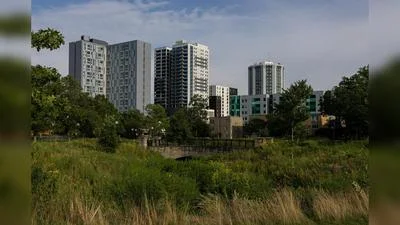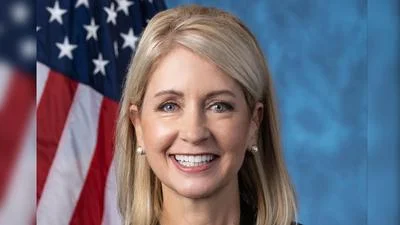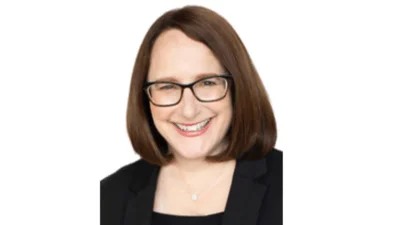Scott Tapley of Champaign County. | File
Scott Tapley of Champaign County. | File
Former Champaign County Board member Scott Tapley said property tax reform may not arrive this year but it remains a pressing concern that must be addressed at some point.
The Illinois Legislature concluded a four-day special session early Sunday by approving a $40 billion budget for fiscal year 2021 and easing the tax burden on a potential owner of a casino in Chicago.
Revenue issues moved to the forefront of the Illinois political world in March as the COVID-19 pandemic set in. Gov. J.B. Pritzker said there was an $8 billion hole in the state budget and lawmakers had to fix it.
That left property tax reform, which appeared to be a primary issue going into the session, on the sideline. Pritzker has said property taxes are a “local issue,” but earlier this month, he said he was open to the concept of reform.
The governor said officials “certainly need to consider everything we can to relieve the tax burden on the people in the state.” However, that was all-talk and no action in the General Assembly again this year.
The Illinois Legislature did give homeowners a 120-day extension on paying their property taxes without facing an interest penalty and halted property tax sales. They also granted an automatic extension of homestead extensions for the elderly and disabled.
Property taxes reform, which was the focus of a special legislative committee formed in 2019, was not a major issue during the special session, which convened May 20 after the lawmakers had been adjourned for more than two months due to concerns about the pandemic.
Tapley was not surprised.
“Champaign County considered delaying the tax cycle due to COVID-19, but decided the health of the municipalities' checkbooks was more important than individuals and businesses that are hurting,” he told the Chambana Sun. “I've already paid my first installment, so any relief provided by the legislature would be too late to help many people this year.”
Illinois has the nation’s second-highest property taxes — more than 2 percent of a home’s value, often a heavy annual burden for homeowners and small business owners.
Tapley said the solution doesn’t seem that difficult to achieve but political realities keep sidelining it.
“Longer term, and in general, I think a very strong majority on both sides of the aisle prefer paying income or sales taxes to property taxes,” Tapley said. “The issue with providing relief in the form of a tax swap for schools has always been equity. The formula always ends up benefiting Chicago or Downstate, and causes too much friction to get anything enacted.”
Last August, Tapley told the Chambana Sun there was no great secret in why the state’s finances were in such a shoddy state.
Tapley said when he discusses property taxes with lawmakers, they seem resigned to it, adding, “I personally don’t understand why it’s that hard to even it out, but that’s what I’ve been told by legislators in the past.”






 Alerts Sign-up
Alerts Sign-up